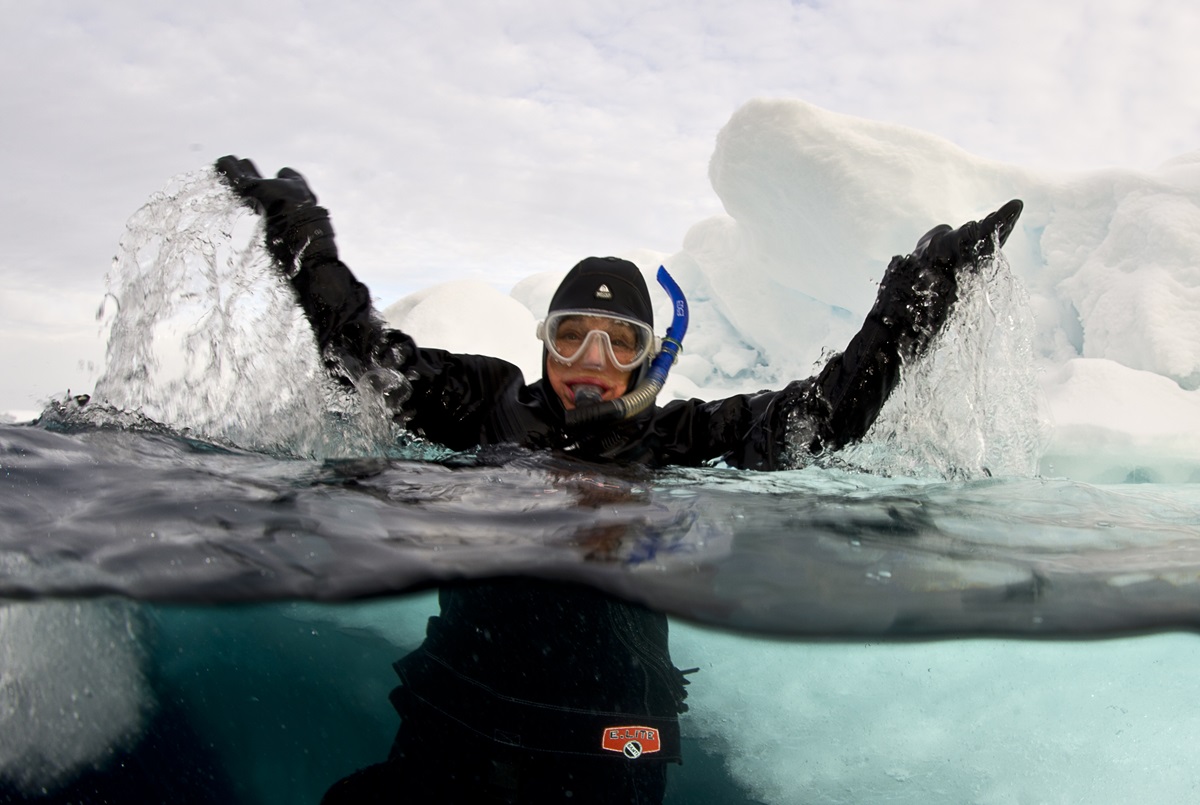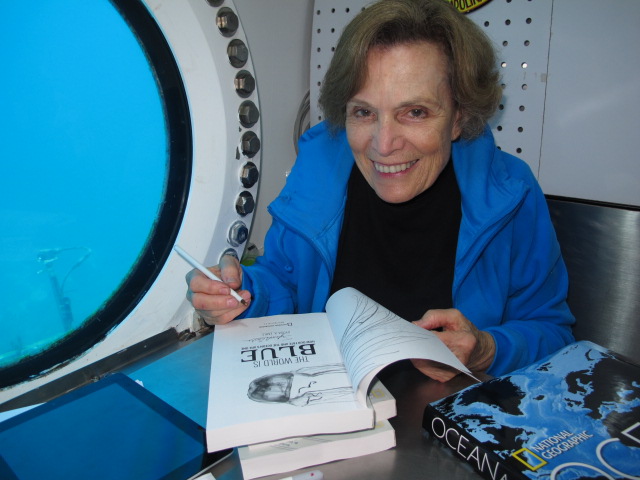One hundred and forty years and counting
Sir John Murray, one of the founders of the Marine Biological Association, in 1899 observed,
The historian will, in all probability, point to the oceanographic discoveries during the past forty years as the most important addition to the natural knowledge of our planet since the great geographical voyages . . . at the end of the fifteenth and the beginning of the sixteenth centuries.
As a young biologist assisting John Thompson aboard HMS Challenger from 1872 to 1876, and the principal editor of the 50-volume expedition report that followed, Murray was personally involved in breakthrough observations about the nature of the ocean, from polar regions to the tropics and the broad open spaces of the high seas between. As exceptional as it was in terms of advancing scientific knowledge, the latter part of the 19th century marked just the beginning of an unprecedented era of new technologies, explorations, and discoveries.
But the new century also brought about human impacts that have initiated changes in the sea of geological magnitude within the span of a human lifetime. Shifts in planetary temperature and chemistry, the creation of massive amounts of durable synthetic materials, release of atomic energy, and conversion of about half of the natural environment for human uses are signatures of the 20th century written into the history of the Earth, recorded in ocean sediments, incorporated in layers of stone.
What would most surprise Challenger scientists if they could be aboard a 21st century research ship? Computers? Satellite communication? Identifying species by obtaining traces of DNA in the water? Documenting and sampling the nature of the depths below with remotely operated and free-swimming vehicles? Climbing into little subs to personally witness and explore what is happening thousands of metres below? Learning that microscopic life in the sea generates more than half of the oxygen in the atmosphere? Hearing that the curious layered lumps retrieved from the deep sea referred to as ‘manganese nodules’ are a 21st century topic of intense international scientific, economic, and political controversy? Having a woman as the ship’s captain, chief scientist, or bo’sun? They might be perplexed to learn that hundreds of men and women have orbited Earth in spacecraft and lived for months hundreds of kilometres above the atmosphere, while fewer than 20 have reached the ocean’s greatest depths 11 km down.

© Michael Aw.
All things considered, they might be most astonished by what is missing in today’s ocean. In 1883, Thomas Huxley, the MBA’s founding director, asserted that ‘… probably all the great sea fisheries are inexhaustible … nothing we do seriously affects the number of fish’. He subsequently changed his view, but the perception persists in habits, expectations, and even laws based on the belief that the sea is ‘inexhaustible’, no matter how much is removed or how vast the amount of toxic waste added. About half of the coral reefs, mangroves, sea grass meadows, kelp forests, and coastal marshes have succumbed to human uses and abuses since Huxley’s time. Beyond whales, tunas, cod, and herring, now squid, krill, and even the multitudes of creatures that daily quietly migrate vertically from the ocean’s twilight zone to the surface and back, a vital link in cycling carbon and other elements, are being consumed for use in various industrial products.
'WHAT HAS INSPIRED THE MARINE BIOLOGICAL ASSOCIATION FOR 14 DECADES [IS] THE NEED TO KNOW, UNDERSTAND, AND RESPECT THE INEFFABLE NATURE OF THE OCEAN'
The diversity and abundance of life in the ocean have been dramatically depleted with the advent of new ways to legally find, capture, and market ocean wildlife, encouraged by billions of dollars, pounds, euros, yen, rubles, kroner, pesos, rupia, yuan, and other forms of perverse subsidies that are effectively ‘de-wilding’ the ocean. As a young scientist diving in Florida in the 1950s, I recall being afraid at the size and abundance of sharks. Now I am afraid when I do not see sharks. Since 1980, large sharks, rays, and skates, as well as numerous other commercially targeted animals, have been reduced by about 90 per cent owing to the direct impact of humans as predators. With protection, some bird, whale, and turtle species are slowly recovering from near extinction, but remain far below the abundance and social complexity experienced during most of their deep history. Unwittingly, humans have pushed to the limit the ‘planetary boundaries’ of natural land, air, water, and living systems that keep Earth habitable within a fiercely inhospitable universe. We have successfully consumed much of the world, with consequences that threaten to consume us.
But there are plenty of reasons for optimism, most importantly the essence of what has inspired the Marine Biological Association for 14 decades: the need to know, understand, and respect the ineffable nature of the ocean and to find an enduring place for ourselves as a part of Earth’s fabric of life. Never before could we see or understand that the most important thing we extract from the ocean is our existence. The most important thing we can put into it are protective polices that will yield a healthy ocean and an enduring future for ourselves and all we care about. Nations are coming together with a framework for protecting the high seas and for safeguarding at least 30 per cent of the wild lands and wild seas by 2030.

Inside the Aquarius underwater laboratory, Key Largo, Florida, in 2012. Photo courtesy of Sylvia Earle. |
For the first time, the value of the ocean is being measured not just in tons of fish, barrels of oil, shiploads of minerals, or as a place to dump wastes. We are beginning to see why protecting the living ocean is not an option. It is critical to our survival. Now we know. The ocean drives climate, weather, and planetary chemistry, regulates temperature, embraces 97 per cent of the biosphere and by far Earth’s greatest fundamental biodiversity. While more than 90 per cent of the ocean below the upper, sunlit portion remains unexplored, enough has been discovered to realize that like all other living things, we are essentially sea creatures, connected to the ocean with every breath we take, every drop of water we drink.
Whatever else Murray and Huxley and the other founders of the MBA might think about the state of the world in the 21st century, they should be thrilled that their vision for the Association has not only endured but has grown to include a base for members across the world, for maintaining an independent, trusted, respected place where frontiers of exploration thrive, where data are gathered, archived and disseminated, where scientists and science flourish and where— when needed as never before—the ocean has a voice. •
- Sylvia A. Earle, MBA Honorary Fellow
